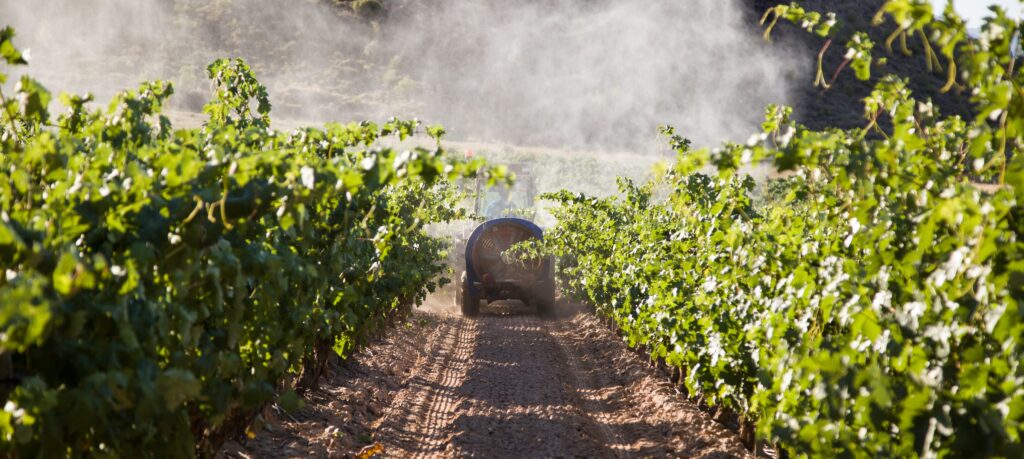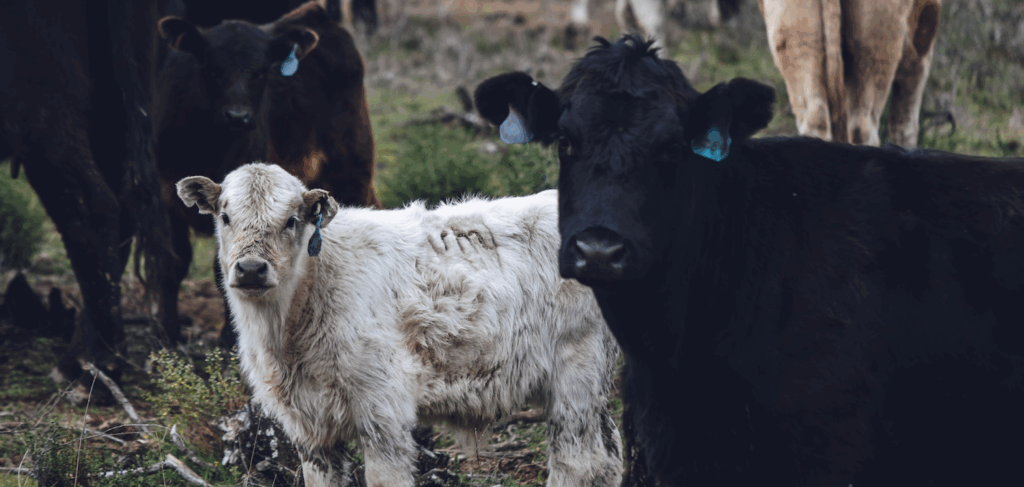
The current state of the planet, and in particular climate change, biodiversity loss, and land degradation, reflect on the legitimacy of environmental multilateralism such as the Convention for Biological Diversity (CBD).
The convergence of the multiple global ecological, climate, and economic crises is not been met with the requisite urgent response and action. Instead, over the last decade especially, there has seen increased rates of deforestation, alarming biodiversity loss, industrial agricultural expansion, and abject state failure to act. The Global Biodiversity Framework (GBF) negotiations to date have been nothing more than offerings of weak and watered-down pledges and new iterations of deeply problematic, market-based solutions pointing to corporate capture. Some of these corporate and false solutions include Reducing Emissions from Deforestation and forest Degradation (REDD+) schemes, payment for environmental services (PES), carbon markets, privatised conservation, and “net” approaches.
These all offer various greenwashing environmental and social governance matrices on the pretext for the financial sector to align with environmental goals and self-regulate itself. This tragic state of compromised multilateralism points to inherent institutional failures of the CBD.
We call on Parties to do the right thing at this late hour, for people and the planet. We do not have to remind Parties that the Earth is not simply providing resources to humans, to be over exploited, monetized, commodified, and financialized. We need to seriously consider what we give to the Earth, our service to its functioning – and in turn, to our own very survival.
During the Working Group on the Post 2020 Global Biodiversity Framework (GBF), held in Nairobi, Kenya, 21 – 26 July 2022, ACB’s research and advocacy officer, Linzi Lewis, raised critical concerns regarding the negotiations.
The three-part submission, published by the ECO 2022 CBD Alliance, point to the failure of the negotiations to date highlighting global inequalities, and touches on some of the key issues under discussion, and the implications especially for Africa and its food and agriculture systems.
Lewis further highlights that even though the GBF attempts to deal with the indirect and direct drivers of biodiversity decline, it remains glaringly weak, with serious and severe gap that fails to address the rights and roles of smallholder farmers and their on-farm work in relation to the conservation and sustainable use of agricultural biodiversity. And, urges that specific reference should be made to agriculture biodiversity and its contribution to the conservation and development of plant genetic resources, which constitute the basis of food and agriculture security throughout the world as contemplated by the International Treaty on Plant Genetic Resources for Food and Agriculture (ITPGRFA).
For further reading:
Where is agricultural biodiversity in the Post-2020 GBF
Who will fund biodiversity conservation, and its implications for Africa



